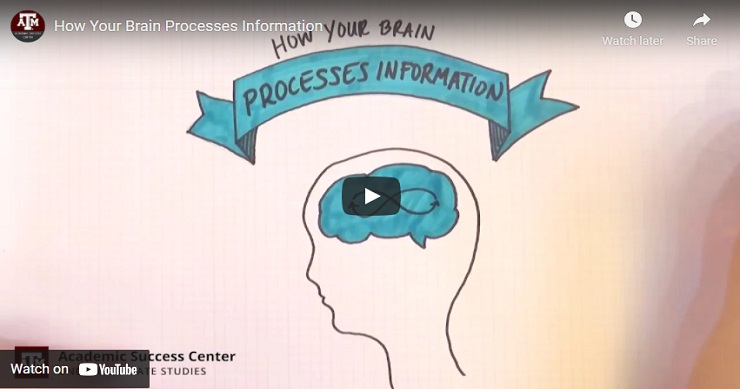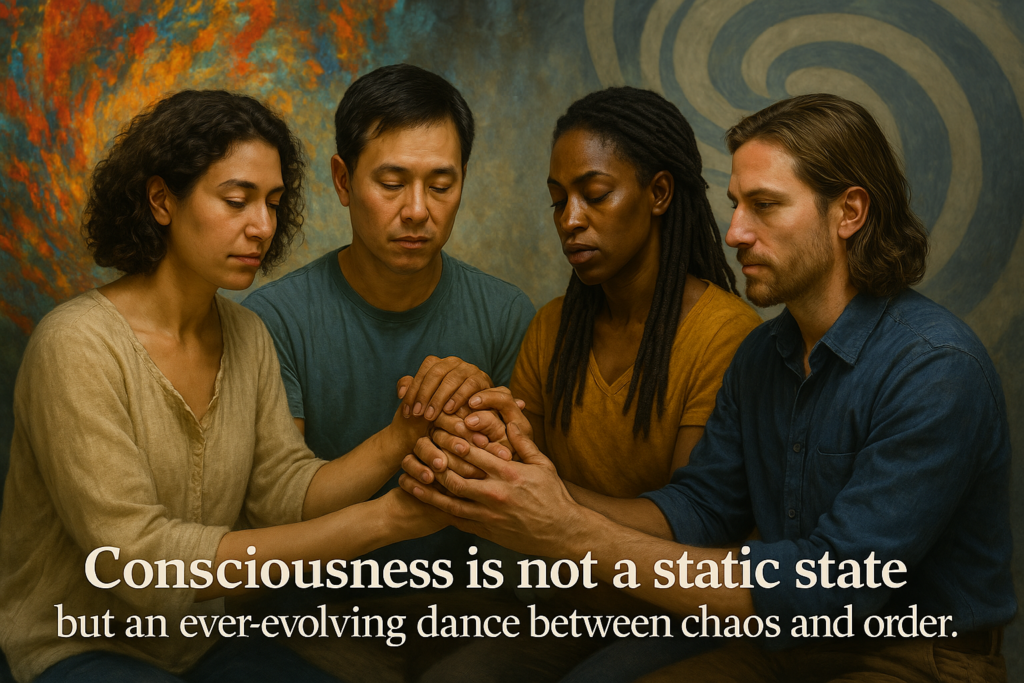Exploring the Spectrum of Consciousness: Bridging the Wild and the Structured
 Unraveling the intricate dance between free-flowing awareness and organized mental frameworks
Unraveling the intricate dance between free-flowing awareness and organized mental frameworks
In our quest to understand the mysteries of the mind, the dialogue between wild and structured consciousness offers an enriching perspective on how our awareness navigates both chaos and order. Drawing from the insightful perspectives presented on SpeciesUniverse.com and Psychology Today’s discussion on “Wild and Structured Consciousness,” this exploration delves into the dynamic interplay between the untamed, spontaneous aspects of our mental life and the disciplined, analytical facets that shape our reality.
Wild consciousness represents that unbridled, fluid state of awareness where creativity, intuition, and raw emotion converge. It is in these moments of unstructured thought that our minds tap into reservoirs of innovation, enabling breakthrough ideas and a deep connection to the essence of experience. Research in neuroscience suggests that when the brain operates in a more diffuse, less constrained mode, it fosters the conditions necessary for creative insight and divergent thinking—a theme echoed throughout both the original article and related studies in cognitive science.
Conversely, structured consciousness is the realm of focused attention, logical analysis, and deliberate reasoning. It is through this orderly framework that we process information, solve problems, and execute complex tasks. This mode of thinking allows us to structure our experiences into coherent narratives, enabling effective communication and the pursuit of long-term goals. Integrative models in psychology emphasize that while structure provides clarity and stability, it is the contrast with wild consciousness that often sparks novel approaches and creative solutions.
Importantly, wild and structured consciousness are not isolated states but interdependent dimensions of our mental experience. The interplay between these modes creates a dynamic balance where free exploration and disciplined focus inform one another. For instance, moments of insight born from the free-flowing energy of wild consciousness are often refined and implemented through the methodical processes of structured thought. This synthesis not only enhances creative problem-solving but also fuels personal growth and adaptive evolution, themes deeply embedded in both scientific inquiry and the philosophical musings on consciousness.
The cultural and artistic realms offer vivid illustrations of this duality. Artists, musicians, and writers often oscillate between spontaneous bursts of inspiration and the structured rigor required to transform fleeting ideas into enduring masterpieces. Similarly, scientific breakthroughs frequently emerge when researchers allow their minds to wander beyond conventional boundaries before harnessing systematic investigation to test and validate their ideas. This fusion is critical to innovation, underscoring the importance of embracing both aspects to propel human progress.
On a personal level, the conscious choice to honor both wild and structured aspects of our mind can lead to transformative insights and a more holistic understanding of our identity. By integrating the spontaneity of wild consciousness with the precision of structured thought, we create a balanced mental environment where creativity is not stifled by over-rationalization, and order does not suppress the vitality of our intuitive impulses. This balanced approach is essential not only for individual well-being but also for adapting to the ever-changing challenges of our modern world.
Ultimately, recognizing and cultivating the synergy between wild and structured consciousness can serve as a powerful catalyst for evolution—both personal and collective. As we navigate the complexities of our inner lives and the broader universe, the integration of these two modes of thought provides a framework for continuous learning and adaptation. Embracing this duality invites us to explore the vast potential of the human mind, echoing the core mission of SpeciesUniverse.com: to understand and evolve within the grand tapestry of existence.
Key Takeaways:
- Balance: Cultivating both wild and structured consciousness can lead to a richer, more adaptive mode of thinking.
- Integration: The dynamic interplay between free-flowing creativity and disciplined reasoning drives innovation and personal growth.
- Expansion: Embracing these dual aspects opens new pathways for exploring the limitless potential of the human mind.
“Consciousness is not a static state but an ever-evolving dance between chaos and order.”
Discover more insights and join the conversation on the mysteries of the mind by exploring related content on SpeciesUniverse.com. Engage with our community, share your perspectives, and become a part of the journey to uncover the deeper layers of human consciousness.
More details: here
References:
- Psychology Today (Website)
- Academic Success Center at Texas A&M University (YouTube Channel)


Leave a Reply